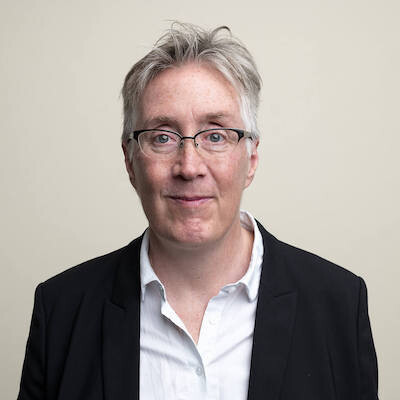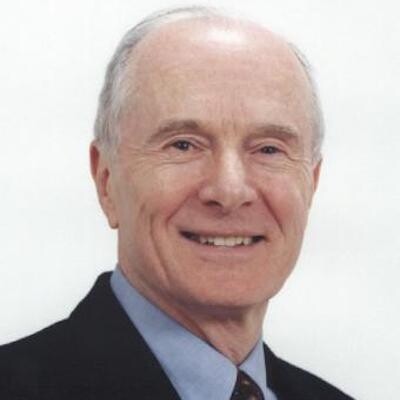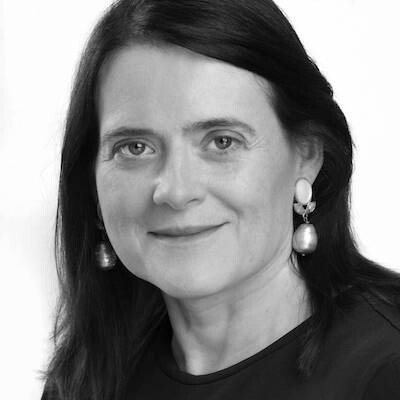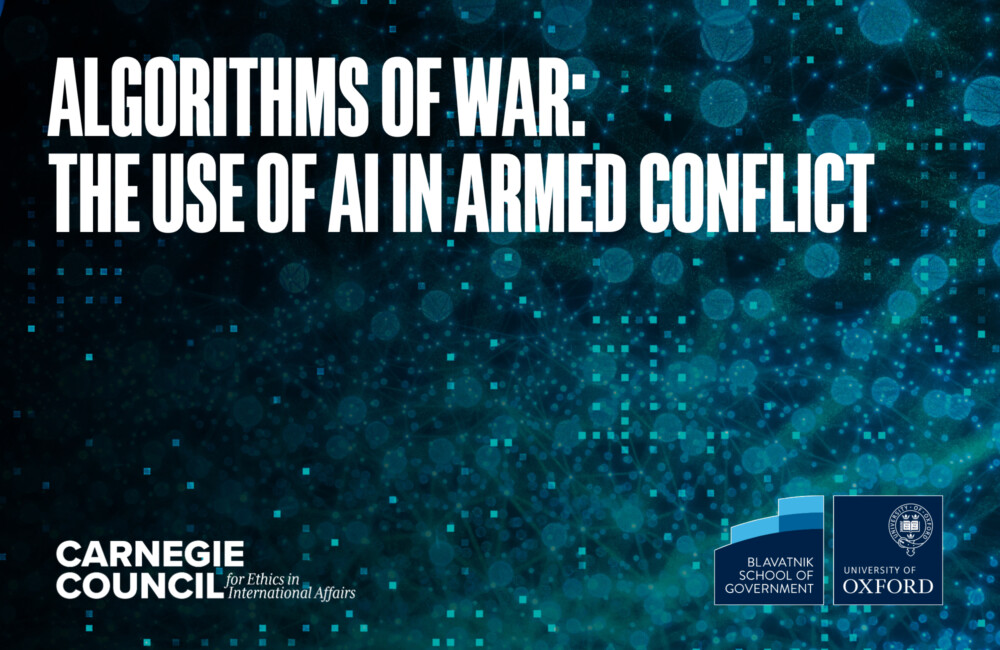

APR 18, 2024 • Article
A Dangerous Master: Welcome to the World of Emerging Technologies
In this preface to the paperback edition of his book "A Dangerous Master," Wendell Wallach discusses breakthroughs and ethical issues in AI and emerging technologies.

APR 15, 2024 • News
DW: Why Iran's missile capabilities present an ongoing threat
In this article from "DW" in Germany, Senior Fellow Arthur Holland Michel is quoted discussing Iran's missile and drone technology after the April 2024 attack on ...



APR 11, 2024 • Podcast
The Ubiquity of An Aging Global Elite, with Jon Emont
"Wall Street Journal" reporter Jon Emont joins "The Doorstep" to discuss the systems and structures that keep aging leaders in power in autocracies and democracies.

APR 9, 2024 • Video
Algorithms of War: The Use of AI in Armed Conflict
From Gaza to Ukraine, the military applications of AI are fundamentally reshaping the ethics of war. How should policymakers navigate AI’s inherent trade-offs?